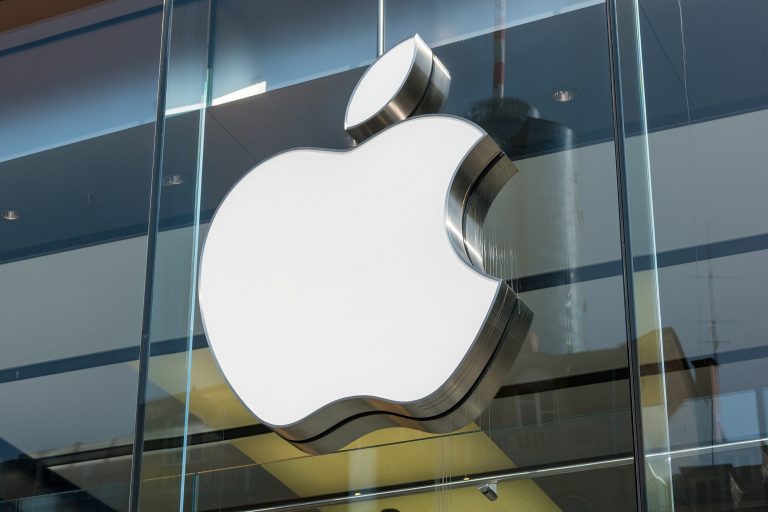The PSD2 directive is an opportunity for fintechs and customers

The PSD2 directive, which implements open banking, allows fintechs to create completely new financial services for bank customers. It also opens up new opportunities for cooperation between these entities and banks. However, it may turn out that the biggest beneficiary of the new regulations will not be fintechs, but technologically advanced banks. This is partly due to customers’ reluctance to share their transaction data with other entities.
– The PSD2 directive is intended to create the possibility of such light integration of fintechs with banks. However, I do not know whether all participants of this market would like to operate in one banking system. The so-called PSD2 hubs, where start-ups can connect and use the new functionalities created by this directive without the need for a license, instead using licenses provided by such hubs. These are certain seeds of ecosystems for non-financial institutions – says Tomasz Jakubczyk, Strategic Business Development, start-up CASHAP, to the Newseria Biznes agency.
The EU PSD2 directive introduced a new category of payment service providers. This is the so-called third parties (Third Party Providers, TPP). The main change is the opening of the financial market to them – the so-called the concept of open banking, i.e. open banking. From September this year banks must provide TPPs with an open API environment (open application programming interface). In practice, this means that fintechs, financial start-ups and payment services gain access to information previously reserved only for banks, such as transaction data, payment history and other information collected on customer accounts. Based on them, TPPs will be able to design completely new applications, financial services and, for example, initiate payments from the customer’s account with the customer’s consent, but without the need to have an agreement with the bank.
Security
However, communication between the bank and the TPP requires not only an appropriate interface, but also security. These include two special qualified certificates for PSD2 (Website Authentication Certificate and Qualified Electronic Seal Certificate). In Poland, both are held by the National Clearing House, which is also the entity authorized to issue them. KIR also provides a solution facilitating the implementation of PSD2 – the so-called HUB PSD2, i.e. a standardized interface for communication between banks and third parties.
As KIR emphasizes, HUB PSD2 is to be the first step in building the Polish open banking ecosystem and is unique in Europe. It is intended to ensure not only unified, but above all, secure access of TPPs to payment accounts operated by banks.
– I would like to reassure you that services generated by fintechs are generally safe. Appropriate legal regulations require fintechs and small institutions entering this market to register. In the case of PSD2, you must obtain the appropriate status and license, you must have certificates that guarantee that the service provided by fintech is safe, says Tomasz Jakubczyk. – Our market also offers opportunities for companies starting their adventure with fintech to register it as the so-called small payment institution. This is a register maintained by the Polish Financial Supervision Authority. I would like to reassure you that fintech activities are subject to regulations and market supervisors closely monitor such institutions.
Concern for safety
Experts emphasize that security is a key element of the changes resulting from PSD2. As shown by the March study by KPMG and the Polish Bank Association (“PSD2 and Open Banking. Revolution or evolution?”), only 9 percent banking representatives believe that the so-called third parties will be able to protect customer data as well as banks do.
This aspect is also equally important for the customers themselves – 61%. surveyed consumers declared that they would not share their transaction history with other entities, even in exchange for a more favorable financial offer. In turn, in the Deloitte study, 43 percent respondents said they would not feel comfortable if they had to share their account information with external entities.
– Even before the entry into force of PSD2, we were dealing with various types of institutions that enable payments, not only through banks, but the directive also covers it more broadly. There will definitely be new services that did not exist before. In particular, I am talking about banks that will be able to offer banking services from a non-banking domain in their own online environment, says Tomasz Jakubczyk.
Polish banks are already among the most technologically advanced in Europe, playing the role of fintechs themselves. On the other hand, cooperation with fintechs plays an increasingly important role in their strategies (according to PwC, 44 percent cooperate and 17 percent buy products and services from them). Therefore, banks may be the greatest beneficiary of changes resulting from the implementation of PSD2. In the report “PSD2: Voice of the Consumer”, Deloitte experts estimate that in the coming years, open banking and API will determine the competitiveness of Polish banks and remaining among the European leaders.
According to a study by KPMG and the Polish Bank Association, banking representatives themselves have different opinions on this subject. 34 percent sees the new law as an opportunity, and 26 percent – as a threat. Nearly half (44%) are afraid of the outflow of customers to other banks. In turn, among representatives of non-bank institutions, as many as 96 percent believes that the PSD2 directive will result in the development of new innovative financial services on the Polish market.
Election signpost
Which party are you closest to?
in the 2023 parliamentary elections?
Take the test and check






